Research
Fellowship Details
The Department of Emergency Medicine at the University of Colorado School of Medicine, with its two nationally-recognized academic hospitals, Denver Health Medical Center and the UCHealth University of Colorado Hospital, propose a structured two-year clinical research fellowship training program aimed at physicians completing emergency medicine residency training who desire a career as a scientist. Fellows will ultimately be trained, over the course of the two-year curriculum, to design and conduct high-quality, practice changing research. Integration with existing institutional scientific development programs (e.g. institutional T and K grants), a robust community of individual K award scholars and independent (R funded) investigators, and a highly successful departmental research-in-progress program will create synergy between this fellowship, fellows, and mentors within the larger Colorado scientific community. Finally, close collaboration with the Colorado Clinical Translational Sciences Institute (CCTSI) Education, Training, and Career Development programs and involvement with several national clinical trials networks will enhance the experience of our fellows by leveraging other established institutional resources for the development of scientists.The fellowship will provide robust individualized career development and scientific mentorship, formal training in advanced research methods and statistics culminating in a Master-level research degree, applied research activities, including development and completion of a substantive research project with the fellow as principal investigator (PI), and scientific and grant writing experience. During the fellowship, fellows will be appointed as instructors or fellows in the department and will devote at least 75% of their effort to research training with the balance of effort working as an attending physician in the emergency department supervising residents and providing clinical teaching. At the conclusion of the training program, fellows will be poised to successfully compete for career development (K series) funding and an academic faculty position at the assistant professor rank.
Program Leadership
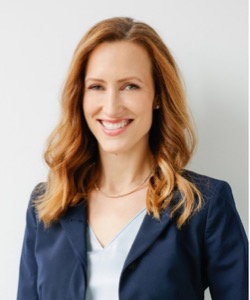 Elizabeth Goldberg, MD, ScM, FACEP
Elizabeth Goldberg, MD, ScM, FACEPCo-Fellowship Director
Clinical Site: University of Colorado Hospital
 Jason Haukoos, MD, MSc
Jason Haukoos, MD, MScCo-Fellowship Director
Denver Health, Director of Research, Denver Health Department of Emergency Medicine
Program Faculty
 Vik Bebarta, MD
Vik Bebarta, MD
Professor, Emergency Medicine-Medical Toxicology and Pharmacology
 Marian (Emmy) Betz, MD, MPH
Marian (Emmy) Betz, MD, MPH
Professor, Emergency Medicine

Jonathan Boyd, PhD
Visiting Professor, Emergency Medicine
 Elizabeth Goldberg, MD, ScM, FACEP
Elizabeth Goldberg, MD, ScM, FACEP
Associate Professor, Emergency Medicine
 Foster Goss, DO, MMSc
Foster Goss, DO, MMSc
Associate Clinical Professor, Emergency Medicine
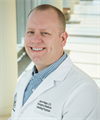 Jason Hoppe, DO
Jason Hoppe, DO
Associate Professor, Emergency Medicine-Medical Toxicology and Pharmacology
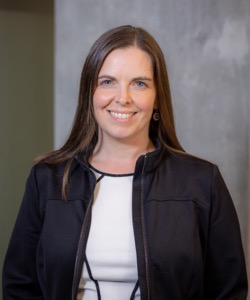 Bethany M. Kwan, PhD, MSPH
Bethany M. Kwan, PhD, MSPH
Professor, Emergency Medicine
 Anne Libby, PhD
Anne Libby, PhD
Professor, Emergency Medicine
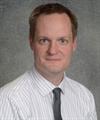 Daniel Lindberg, MD
Daniel Lindberg, MD
Professor, Emergency Medicine
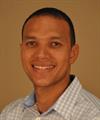 Nee-kofi Mould-Millman, MD, MPH
Nee-kofi Mould-Millman, MD, MPH
Professor, Emergency Medicine
 Stacy Trent, MD, MPH
Stacy Trent, MD, MPH
Associate Professor, Emergency Medicine